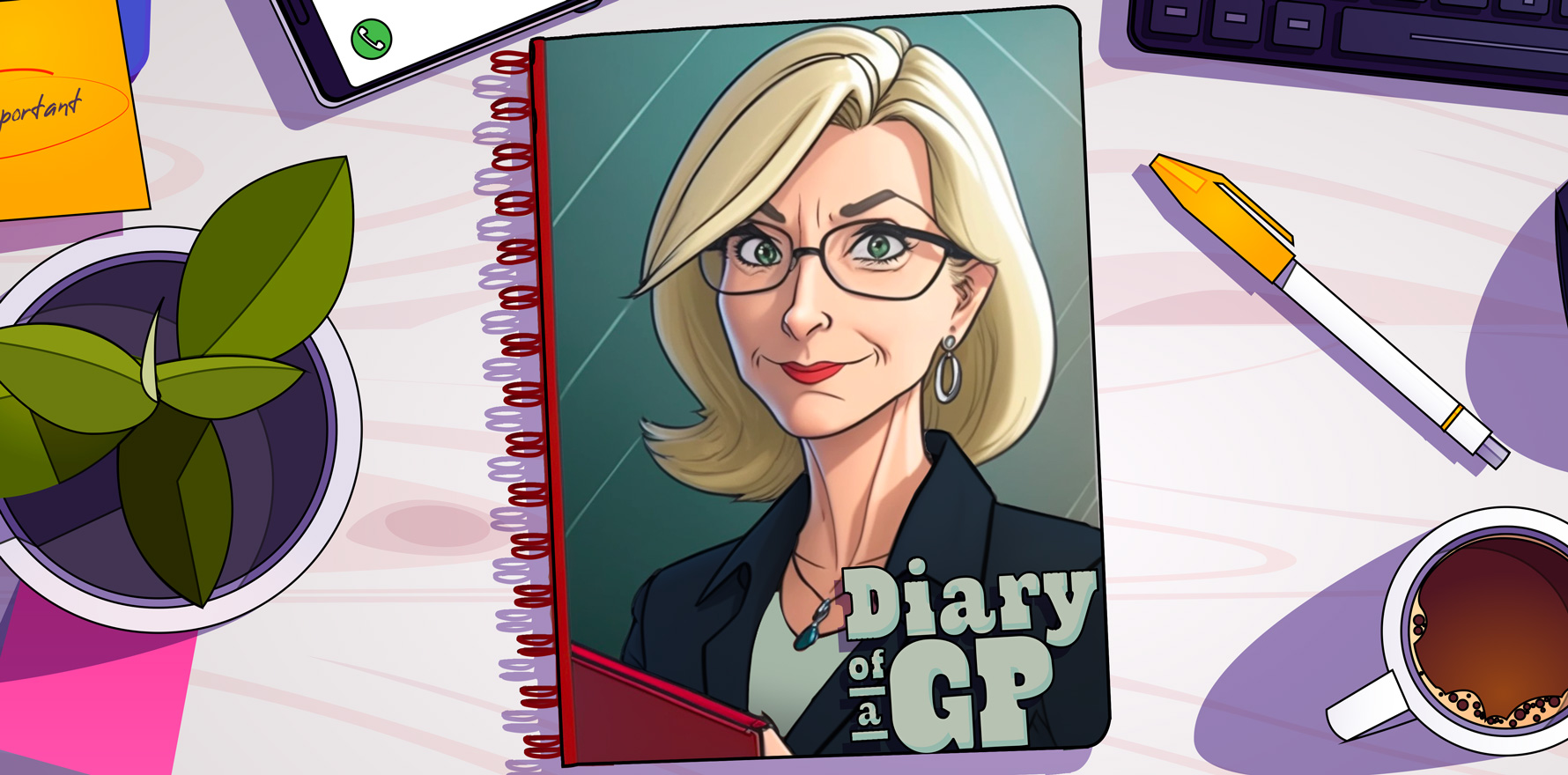Does this three-ring circus have anything to do with patient outcomes anymore?
Let me say, right at the start, I believe in accreditation of general practices. I honestly do.
There definitely should be a standard that all practices meet both for the patients whose health we manage and for the profession to which we belong.
But … having just been through the process yet again … might I suggest that things have got just a tad out of control?
It could just have been our assessor, but the whole tedious and time-consuming process seemed to be far less about ensuring the health and welfare of our patients than about bureaucratic tick-box criteria. It appeared accreditation now had more to do with the minutiae of documentation than quality medicine.
For example, we were taken to task on not having everyone’s ethnicity and gender identification filled in on their file. How remiss of me not to ask 84-year-old Beryl or 81-year-old Allan, who have been coming to the practice for over 40 years, whether they identified as male or female!
And then there was the fact that we don’t record the batch number of the disposable forceps and scalpel we use (then discard) when we cut off the odd skin lesion in our dedicated treatment room. I kid you not.
But the pièce de résistance was when the reception staff were reprimanded for occasionally entering a patient’s name in the appointment list all in capital letters rather than lower case. Apparently it looks like they are shouting. It doesn’t matter that the patient doesn’t see it.
Seriously!?! No wonder our poor practice manager nearly had a heart attack.
When did things get so crazy?
I know I’m far from perfect. I am really paying attention to making sure I always fill in the reason for the consult and making my consult notes more comprehensive. But that is a logical criticism.
And it would be reasonable to be determined sub-standard if there was an issue with pathology results not being dealt with in a timely manner, or reminders and recalls not being done, or dodgy hygiene practices, or patient privacy not being respected. These are the sort of things the standards were developed to protect – not this nit-picking nonsense.
To be fair, none of these deficiencies was a deal-breaker in getting us accredited. The reality is I work in what has long been recognised as a high-quality practice with robust systems in place to make sure patients are looked after both professionally and personally. We have always been accredited, ever since accreditation has existed, but never has there been this degree of scrutiny on what I think most GPs (and patients for that matter) would consider such irrelevant, time-wasting details.
I fear accreditation has gone the way of CPD. Rather than being a means to an end, namely to work with the profession to ensure a minimum standard of professionalism is maintained across the board, it has become its own business, its own separate entity full of self-importance.
It’s as though the health outcomes of our patients is a secondary consideration. The overall impression is that our focus should instead be on whether we can manage to negotiate the ever-expanding array of bureaucratic hoops that the accreditation bodies want us to jump through in order to be able to say we are a quality practice. They are treating the health professionals who work in general practices as public servants whose only measure of success is filling in every box, documenting every move they make or are thinking about making or decided not to make, and kept their desk tidy at the end of the day (well the last one I made up – but you get the drift).
Yes, it’s been a difficult few weeks. But it’s not all bad – the practice has certainly bonded over our mutual frustration with the process, we now know Beryl is Australian and identifies as a woman, and I have improved a few areas of my personal practice which I admit needed improving.
And of course there is also that one big bonus: it’s three years until we have to go through it all again.



